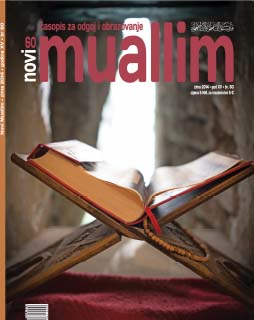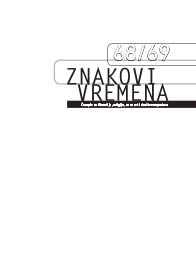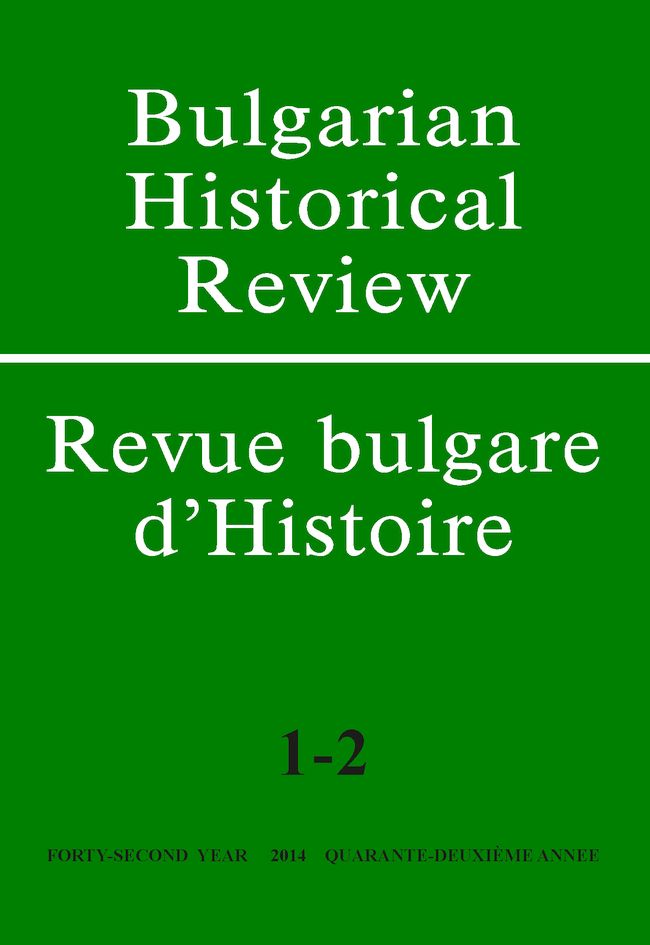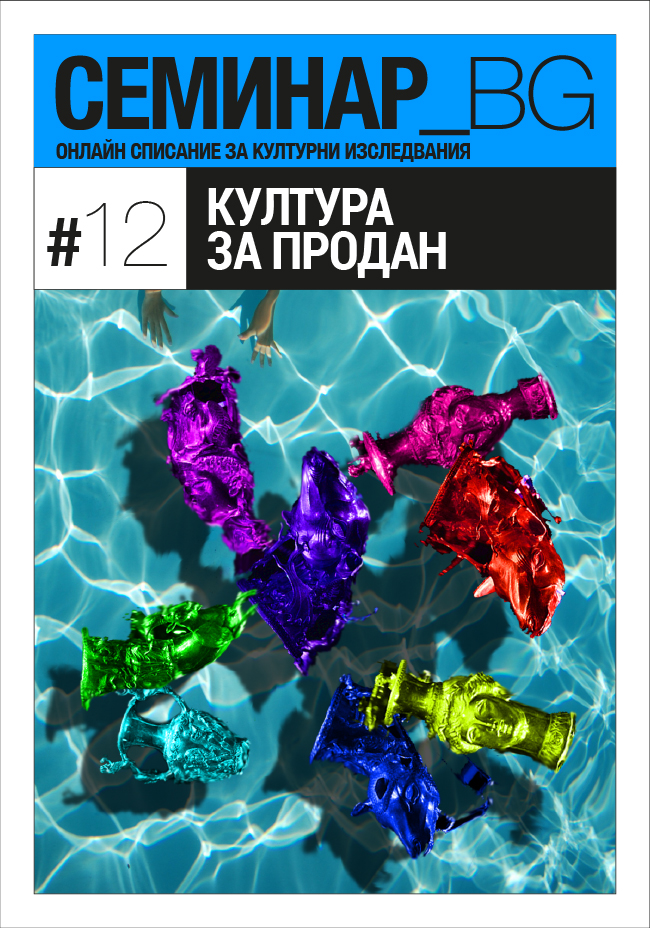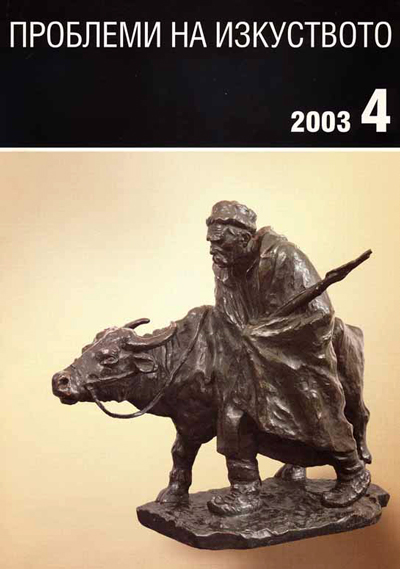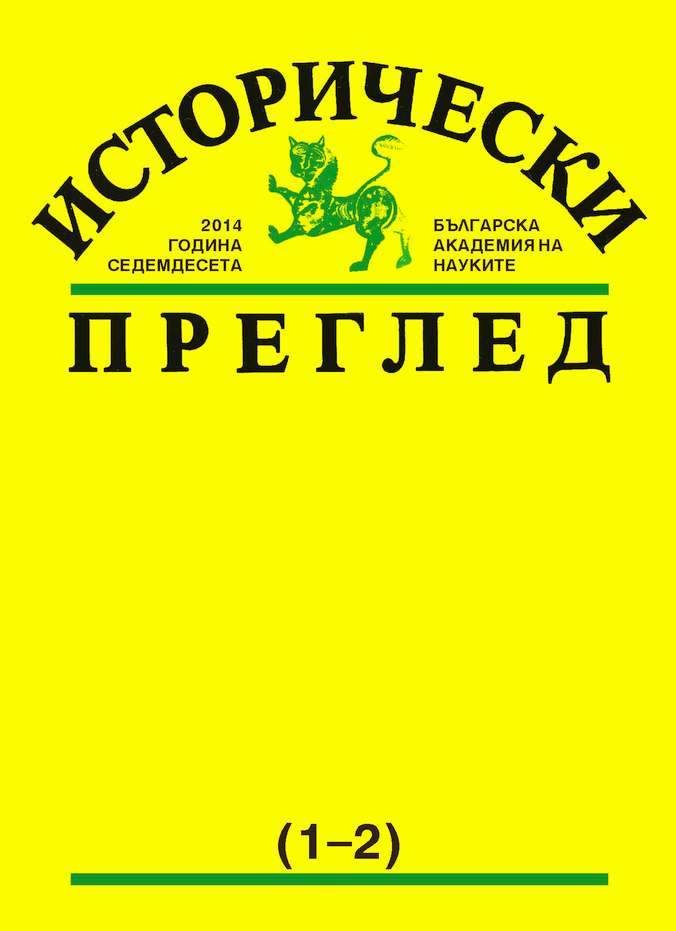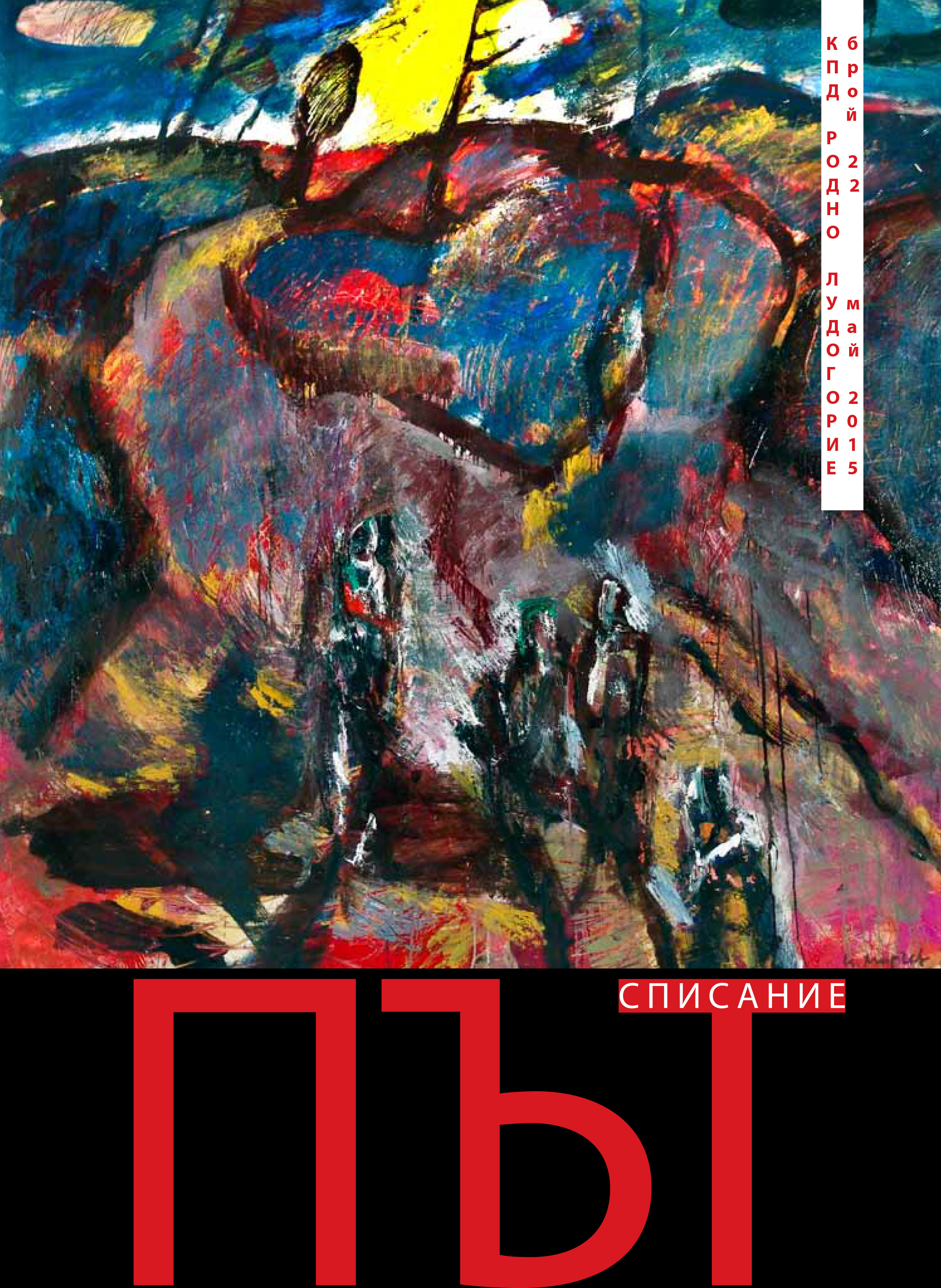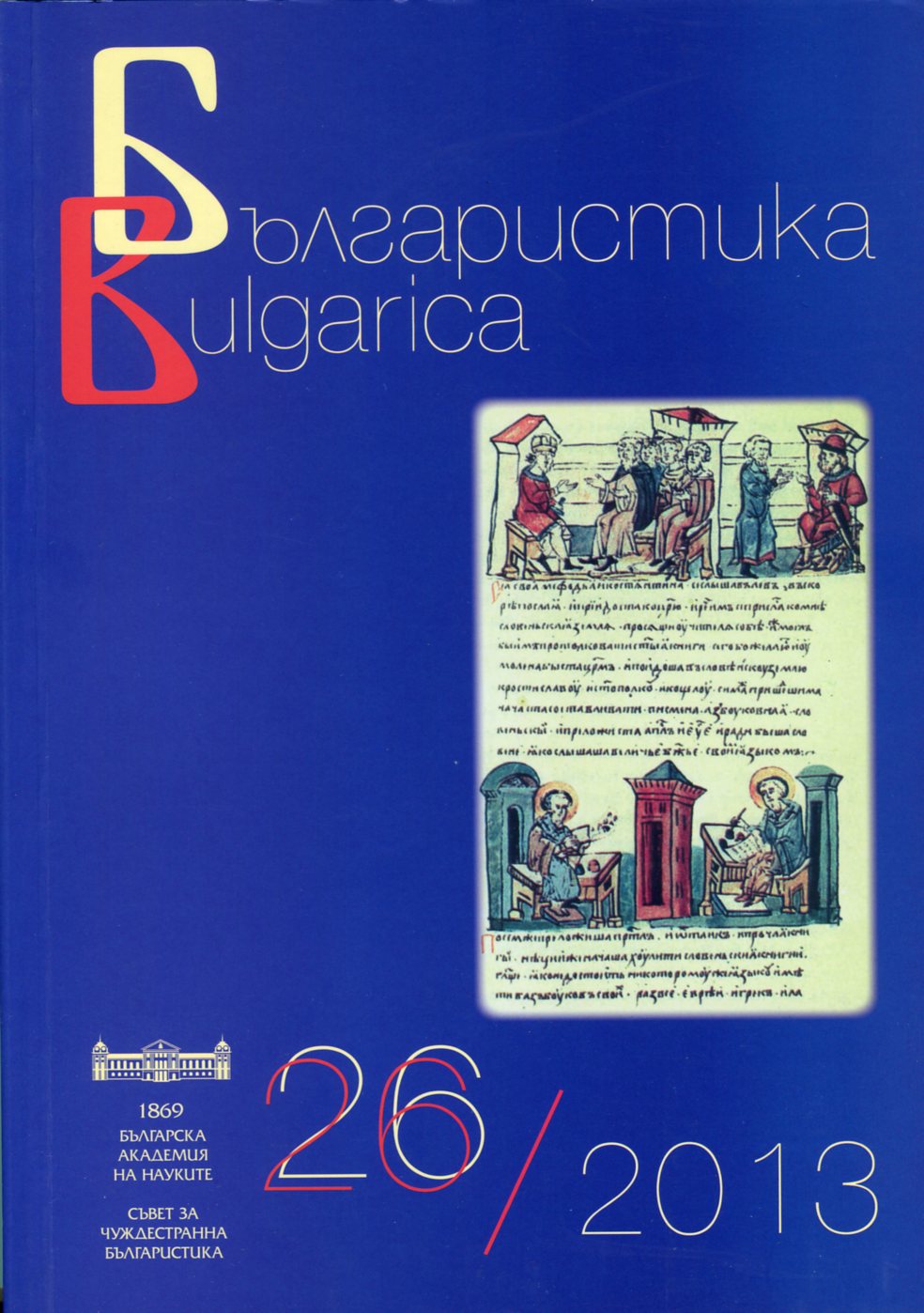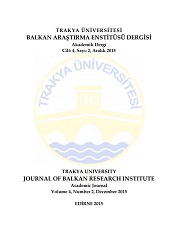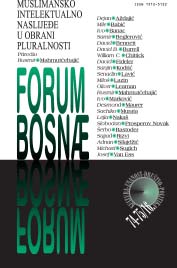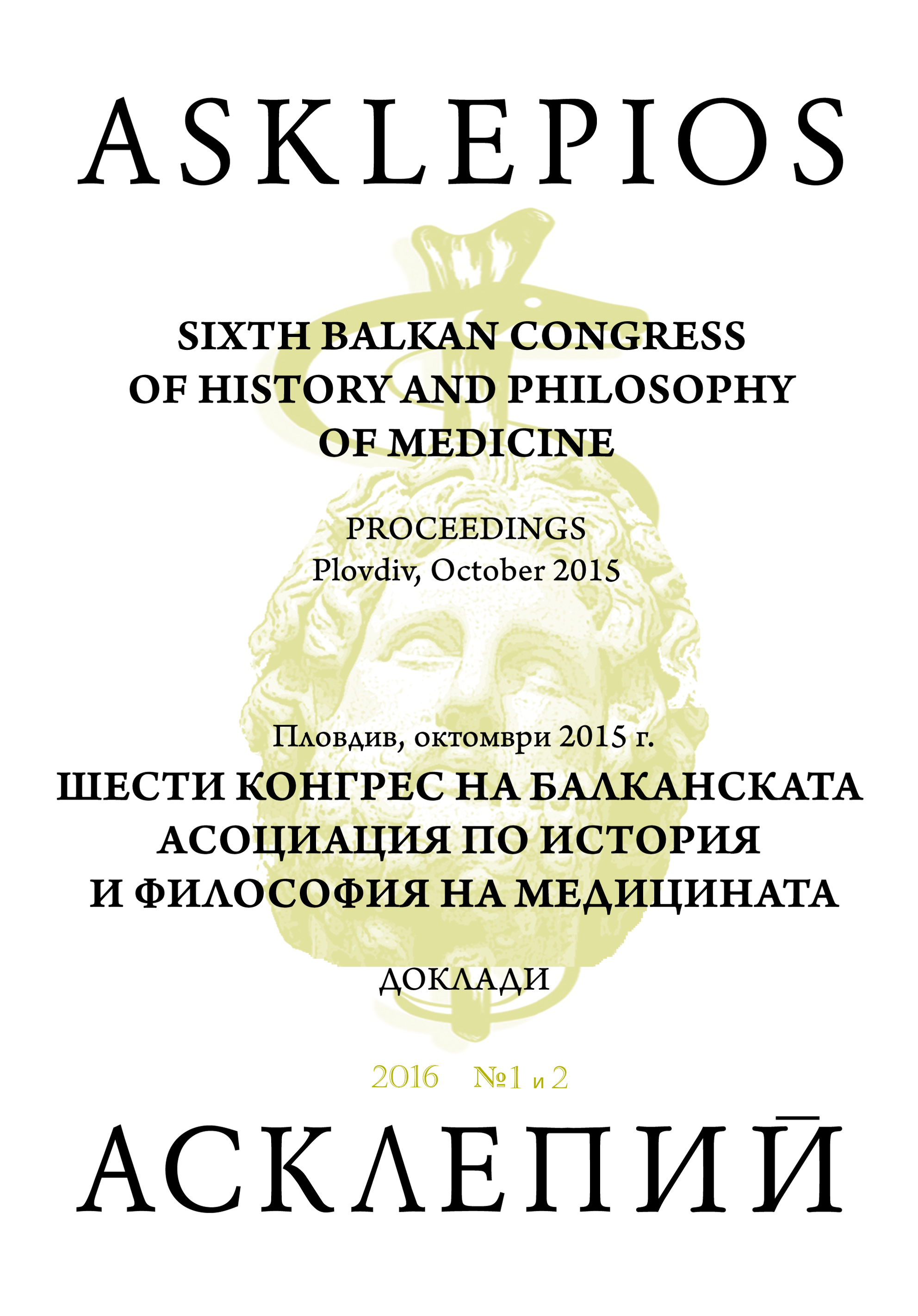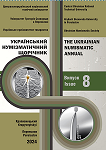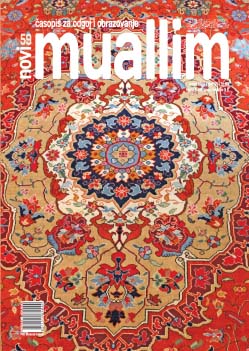
Gazi-beg Čengić medresa u Višegradu (istraživačka bilješka)
No comprehensive research so far has been done with the subject of this madrasa. Available archival documents give us only fragmentary insight into the history of this educational institution. It was established in the Ottoman period by certain Gazi-beg Čengić. From documents dating back to the period of Austro- Hungarian rule we know that the Čengić madrasa in Višegrad had the status of lower madrasa, had its own waqf, mudarris and between 10 and 28 students per year. The most prominent lecturer in this madrasa was Mustafa Hilmi Kapetanović (1869-1940), a scholar educated in Istanbul and well versed in Islamic inheritance law. (In this article we present a sample of the certificate that was issued to the graduates of the Gazi-beg madrasa.) Its significance lies in a fact that it produced imams and hatibs for the whole territory around the valley of the river Drina.
More...
